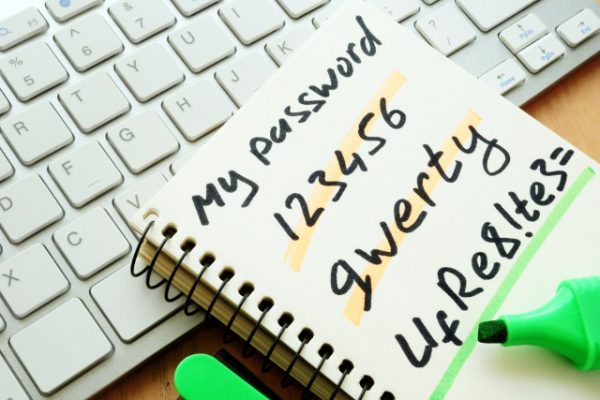Brits have more online accounts but stick with the same old passwords

Since the start of the pandemic, the number of online accounts Britons now have has almost doubled -- going up from 18 to 32, but their password habits haven't improved.
New research from F-Secure ahead of Thursday's World Password Day shows 75 percent of Brits could be putting their finances and savings at risk by using the same password for their online banking as for other online accounts.
The study also finds that one in 10 people have had their online banking hacked. Yet, in a strange contradiction, almost 80 percent of people won't change their passwords even when they've been notified that an account has been compromised.
More than a third still use the same password, or variations of it, for several protected accounts and, perhaps surprisingly, the digitally-savvy Generation-Z are the worst creatures of habit with 41 percent keeping to the same password.
In addition rather than use a password manager, 42 percent of Britons say they simply memorize passwords, whilst a quarter keep a note of them online, on their phone or written down on paper.
Tom Gaffney, principal consultant at F-Secure says, "There is a clear disconnect between the worries Britons have about cyber security versus their behavior and attitudes to password management, likely because it's perceived to be more convenient to have simple, easy to remember passwords. A fifth of account holders choose passwords that contain personal words or numbers. While this may make passwords easy to remember, choosing convenience over security makes passwords weak and predictable, allowing hackers to crack them in seconds. Reusing the same passwords across multiple services is dangerous even if other security mechanisms such as 2FA are in place. While 2FA adds an important layer of security, it still has its weaknesses."
F-Secure's tips for keeping your passwords safe include avoiding consecutive characters; avoid slang, common misspellings and backwards spellings; avoid names of family and pets that could be uncovered via social media; avoid sharing passwords to streaming services; and set up a password manager to keep your logins secure.
Image credit: designer491 / Shutterstock
